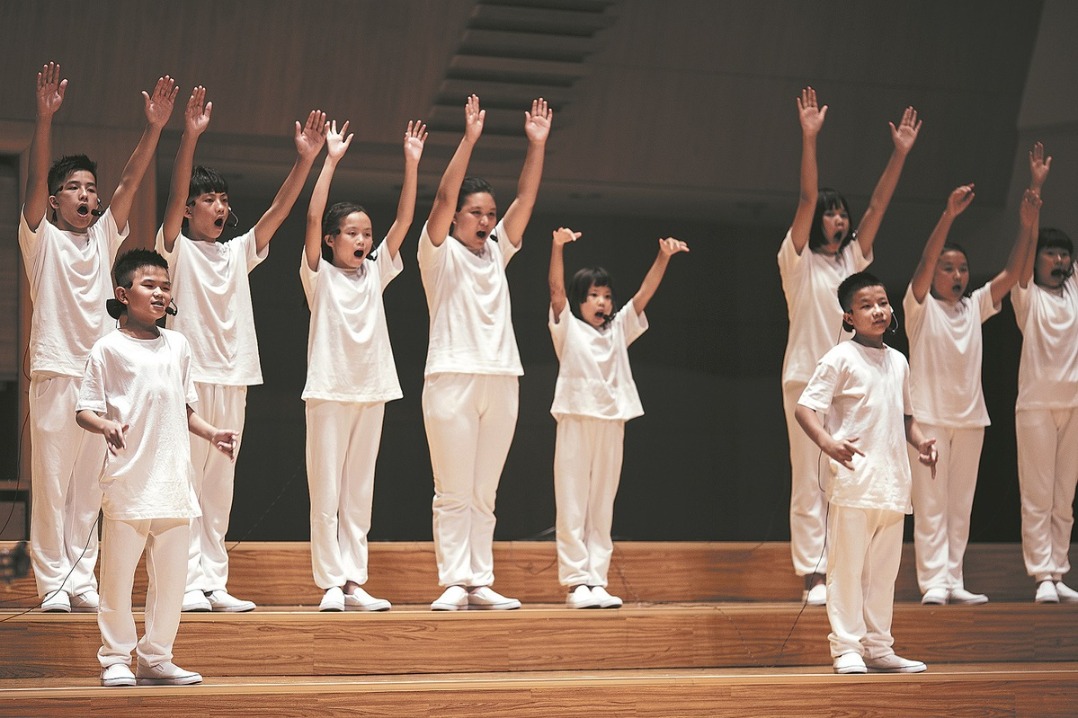'Forgotten daughter' finds birth parents and different closure

Women's Day was observed around the world amid hope and despair this year. Small gains in political representation were celebrated, protests against gender-targeted violence were held and the disproportionate impact of the pandemic on women was highlighted in discourse.
March 8 activities were also hosted in Beijing by various organizations.
I attended the media screening of a Chinese documentary that follows the journey of a woman in search of her birth parents. The film, released in a different China in 2017, studies her abandonment as a baby in the late 1970s, when, as per the narration, gender bias, poverty and avoiding fines were reasons behind such decision.
Cai Fengxia was taken in by a couple who raised her as their own child sometime after she was left at the gate of a commune, the documentary reveals. Her birth father says in the film that he wanted a son. He had another daughter whom he didn't abandon.
The adult Cai lives in an eastern province with her husband and their son, and her adoptive father. Her adoptive mother died of a disease earlier. Cai's 12-year search for her birth parents took her to different cities, including for "family-finding" events, before a DNA match was established. That was toward the end of the old family-planning policy.
An emotional but tense reunion unfolds as her birth parents invite Cai and her family to spend a post-discovery Spring Festival holiday with them. Tears are shed and pleas for forgiveness made. The meeting between Cai and her biological mother becomes awkward at times, in part due to dialect issues.
Cai's adoptive father remains largely silent while her birth father tries to offer an explanation during a one-on-one conversation. Separately, Cai's biological father tells her that she would find better employment in his city if she moved there. He says he won't charge her rent for housing.
Cai later tells her adoptive father that she would not leave him for her birth parents.
Hers is one of many stories of the "forgotten daughters", Du Hai, one of the film's directors, said after the screening. Han Meng is the main director of the film, which has been produced by CNEX, a Beijing-based company that specializes in documentaries.
In recent years, some organizations have tried to reconnect birth parents and the children they abandoned, also with the help of social media.
China has 1,217 child welfare centers, where 65,000 orphans and abandoned children are looked after, Xinhua News Agency reported in 2020, citing a central government official.
Today, there are more girls than boys in higher education (colleges) in China and the gender ratio at birth has improved.
The United Nations estimates millions of children and infants have been abandoned by their families and live on their own or in orphanages globally.
Other than curiosity about her identity, Cai wanted answers for her abandonment. I don't know if she found them. But by the end of the documentary, I felt, Cai had a different closure-her adoptive family was undoubtedly always where she belonged.































